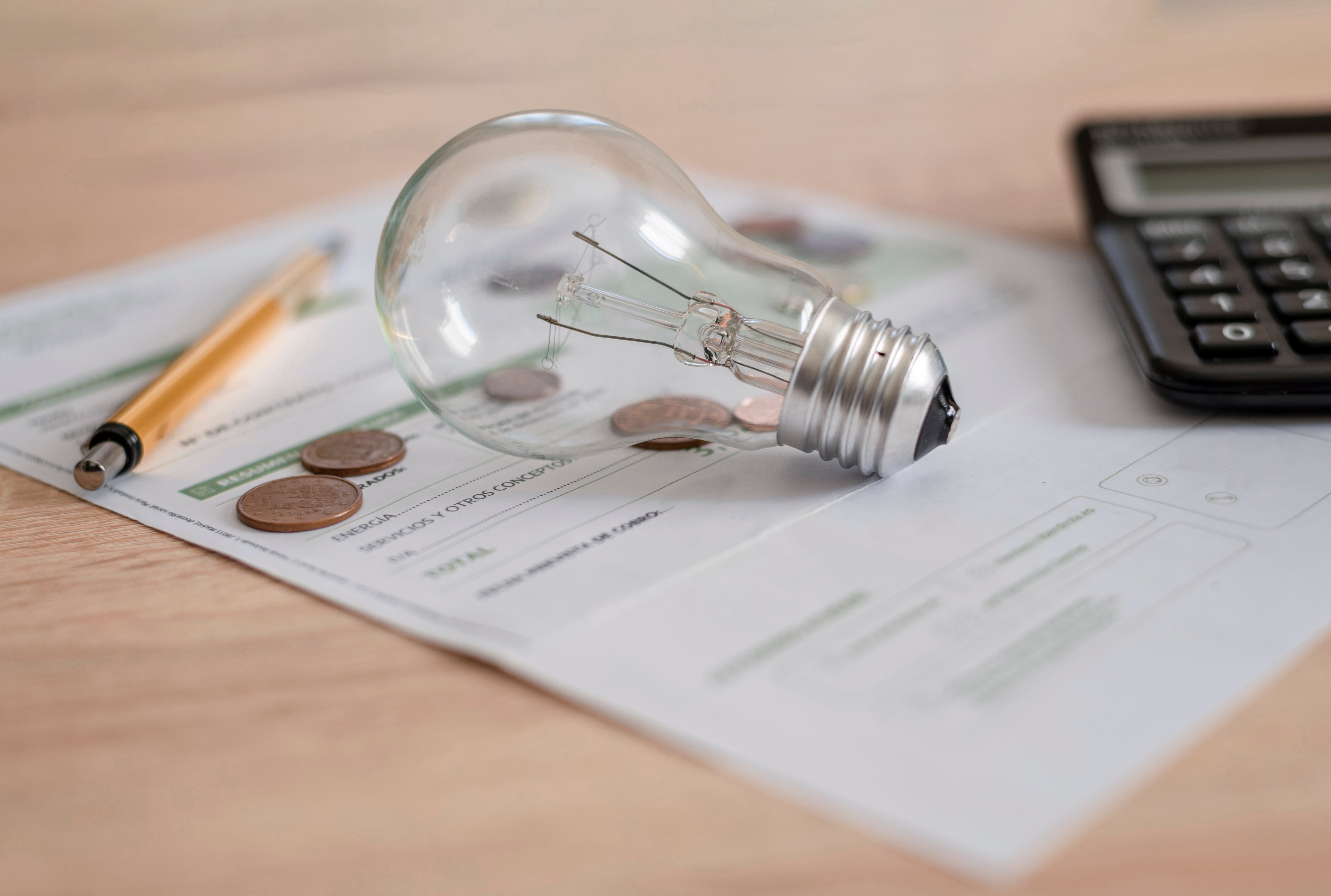With technological advancements rapidly altering the landscape of many industries, the energy sector is no exception. A primary example of this shift is the introduction of the smart electric meter. If you've ever asked, “What is a smart electric meter?” or wondered about the advantages it brings, this article may interest you.
{{CTA-Plans}}
What Is a Smart Electric Meter?
A smart electric meter, sometimes referred to as a smart energy meter, is a digital device designed to replace traditional electric meters. It measures electricity consumption with enhanced accuracy and transmits this data to the energy provider in real-time. According to the U.S. Department of Energy, smart meters allow consumers and energy providers with useful insights. This capability for two-way communication between the meter and the central electrical system sets it apart.
How Does a Smart Meter Work?
While traditional electric meters need a manual reading, smart meters for electricity work on a more advanced principle. They record electricity use in short intervals and relay this data back to the energy provider using secure wireless communication. This networked communication is what makes the smart meter “smart.”
Benefits of Smart Meters
- Energy Use Insights: Smart meters allow customers to gain deeper insights into their energy consumption patterns, helping them make their homes more energy efficient and save energy at home.
- Quicker Response to Power Outages: With real-time data flow, energy providers can detect and address power outages faster.
How Are Smart Meters Helpful for Both Customers and Energy Companies?
For Customers:
- Cost Savings: With real-time data, customers can adjust their energy consumption habits, invest in energy-efficient appliances, and select the best Gexa Energy electricity plans to save money.
- Environmental Impact: Armed with knowledge about their energy consumption, homeowners can take steps to reduce their carbon footprint.
For Energy Companies:
- Operational Efficiency: Automated readings minimize manual interventions, reducing operational costs.
- Enhanced Customer Service: With access to accurate data, energy companies can offer tailored solutions and plans to their consumers.
Addressing Concerns
While there are numerous advantages to using smart electric meters, some customers have concerns. Like any digital device, smart meters transmit data, raising concerns about privacy and security. Thankfully, energy companies can use advanced encryption techniques to ensure data protection.
In conclusion, smart meters are more than just a digital replacement for traditional meters. They're a step toward a more efficient, environmentally conscious, and customer-centric energy landscape. While it's essential to be aware of their pros and cons, the overarching benefits they offer, from combatting global warming to providing customers with a clearer picture of their energy usage, make them an exciting addition to modern homes. If you're looking to opt out of your traditional meter and embrace the future, consider the smart option.
Learn More about Gexa Energy and their 100% renewable plans from environmentally friendly renewable sources.






































